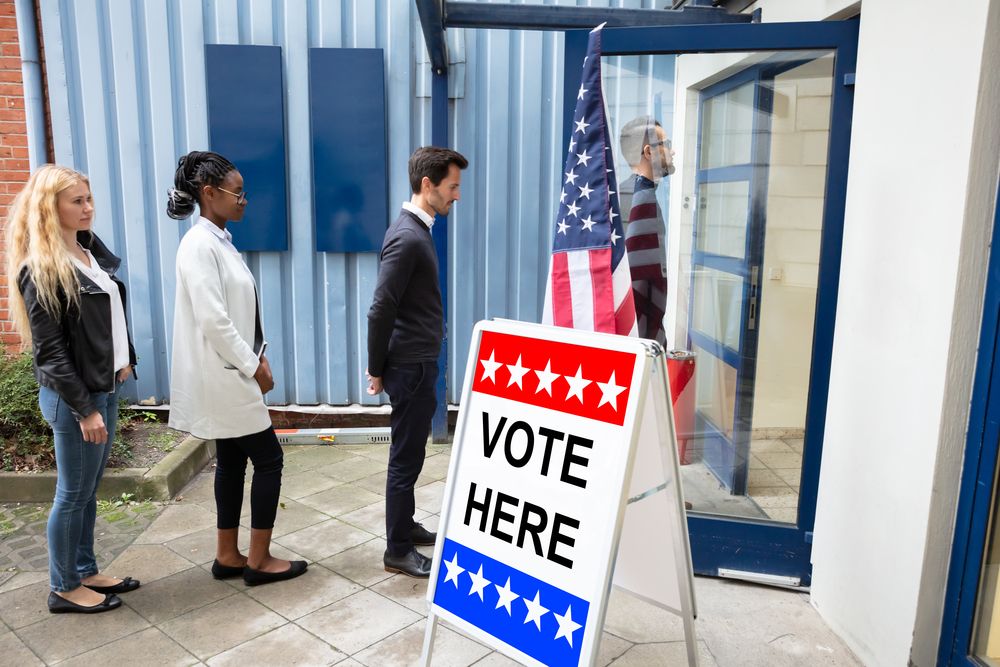Who should I vote and what is their job
Local Elections


- Local Elections – Local governments have their powers granted by the State governments.
- City Mayor / Council Members / Commissioners are directly elected by the people in the city.
- Mayors in a city are responsible for managing the city’s day to day operations as well as maintaining departments such as police, fire, education, housing, sanitary, and health departments in the city. They make the final decision on the city’s fiscal and budgetary issues.
- The City Council acts as the legislative body of the municipality representing the city at the state and federal level and is elected by the people. Their responsibilities include reviewing as well as approving the city budgets, passing ordinances and laws, regulating public health and safety, establishing tax rates, and regulating land use and zoning laws in the city.
- County – created as an administrative division of the state, county governing officials are elected by the district or by a large popular vote of the citizens.
- Parish – the state of Louisiana is the only state divided into 64 parishes with 38 parishes under the leadership of a police jury which is the governing body. This is due to the fact that the state was under the control of France and Spain which were Roman Catholic nations.
- Police Jury – the legislative and executive body of the parish and is elected by the people. Only 38 Parishes in the state of Louisiana use this type of system.
- City Managers – a hired executive officer who is responsible for making sure things run smoothly for the city. Municipal
- Tax Assessor – a local government official who is responsible for giving an estimate of property in cities, towns, and village’s boundaries. In the state of Iowa they are hired while in the state of Texas, they are elected.
- Coroner – they are usually elected lay people who are responsible for conducting into the cause of death of someone.
- Probate Judge – their responsibilities vary depending on the jurisdiction they live in and the cases they preside over.
- Sheriff – secures ballots on Election Day, as well as the polling locations.
- Elections Board – It is composed of the sheriff secures the ballot, probate judge handles the business, and the circuit clerk makes sure everyone is eligible to vote.
- Circuit Clerk – keep a running log of all the eligible voters in the particular political subdivision. As well producing daily lists of people who may have voted absentee.
Statewide Elections


- Governor – Serving as the chief executive of the state, the governor is responsible for the day to day operation of the state and the implementation of state laws. They have the power to appoint officials, commute sentences, grant clemency, and have veto power over state bills passed by state legislatures and budgets.
- Lieutenant Governor – they are second in line to take the command of the governor in case of disability or death. They also assume command when the governor is absent from the state.
- Attorney General – serving as the top legal advisor for the state government and they are elected in most states. They represent the state in legal disputes and provide advice to state legislatures and agencies. The Attorney General holds major influence over law enforcement in the state.
- State Legislators – they are the legislative body composed of elected representatives who bring forth legislation that will become law as well as matter brought by the governor. They are responsible for approving the state’s budget, initiating tax legislation, as well as bringing forth articles of impeachment.
Federal Elections


- President – Serves as the commander in chief of the United States of America. He is responsible for signing bills that pass through Congress into law or veto them.
- Vice President – second in command in line of succession to the president. They serve as the President of the U.S. Senate and can cast a vote in case of a decisive tie breaker.
- Congress – The legislative branch of the federal government who are responsible for proposing and passing laws, confirm or reject the president’s nominations for head leadership for federal agencies, federal judges, and the supreme court. Congress also has the authority to declare war.
- Senators – Made up of 100 elected members representing the 50 states of the US 2 for each state. Members of the Senate are elected every six years and must be 30 years old, a U.S. citizen for nine years, and a resident of the state they reside in to run for office. The Senate has the power to confirm the President’s appointees.
- House of Representatives – Made up of 435 elected members representing the 50 states of the US. Members of the House are elected every two years and must be 25 years old, lived in the US for seven years, and a resident of the state they reside in to run for office.
Judiciary


Judiciary – Judiciary is a jurisdiction’s system of courts responsible for interpreting the laws and administering justice.
State Supreme Court Judges (photo of State Supreme Court Building) – A state supreme court acts as a last resort to issue decisions on state laws that are final. All 50 states have a state supreme court including Washington D.C.
26 out of the 50 states select supreme court justices through an appointment process.
24 out of the 50 states elect the state supreme court justices
- 4 out of the 50 states the governor appoints the state supreme court justice


